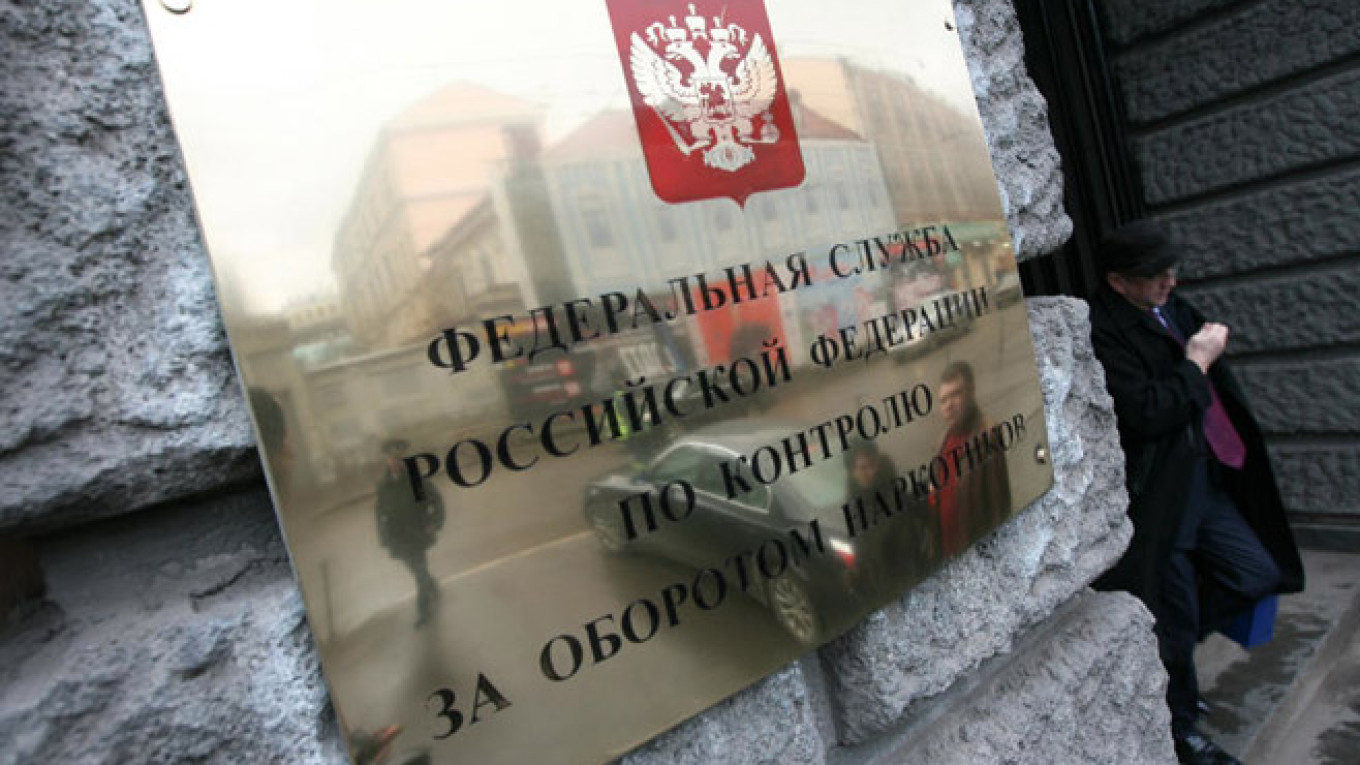Russia has one of the world's most serious epidemics of intravenous drug use. UNAIDS reports that Russia has 2 million intravenous drug users (IDUs), 60 to 70 percent of whom have HIV-related illnesses. In the past decade, the number of HIV-infected people in Russia has increased from about 100,000 to more than 1 million.
It is estimated that 80 percent of those Russians who are HIV positive became infected by using contaminated needles and syringes. The problem is not limited to Russia. Sharing syringes is also the most prevalent cause of HIV transmission in Central Asia and Eastern Europe, where it is responsible for more than 80 percent of all HIV infections.
The Russian authorities have come under strong, widespread criticism for their policies aimed at dealing with the IDU/HIV epidemic. Education to control drug abuse has focused primarily on stressing the importance of drug abstinence, and public officials have relied on criminalization as the main deterrent. That approach has created obstacles to effective addiction treatment and HIV prevention.
A policy that has proven effective in other countries is "harm reduction." This approach, one dismissed by the Russian authorities, puts prevention of HIV infection and transmission first and features needle-exchange programs and treatment with substitute drugs taken orally. However, despite the proven efficacy of harm-reduction strategies in HIV prevention, Russian authorities have failed to take full advantage of these strategies.
Harm-reduction strategies involve providing access to methadone, a needle-exchange program and addiction counseling. While detoxification is widely available throughout Russia, more comprehensive, longer-term treatment remains unavailable in many parts of the country. This failing is critical because research has shown that detoxification by itself is not an effective treatment.
Russian law prohibits opiate-replacement therapy (ORT) employing oral dosing with methadone or buprenorphine. Use of these drugs, however, has been shown to be the most effective approach for dealing with opiate dependence among IDUs. It has reduced the numbers of IDUs, according to the World Health Organization.
Although numerous UN agencies strongly support their use in prevention and treatment, these substitute drugs are effectively banned by Russian health and law enforcement officials.
Also, even though it has been proven that appropriate psychosocial counseling is essential for a successful drug-addiction treatment, Russian officials fail to offer such counseling during and after detoxification treatment in a systematic way.
Stigma and discrimination against people who use drugs need to be properly addressed so they can have access to treatment and reduce the chances of being exposed to HIV. This would also lower the chances of HIV transmission to other people through sex work and unsafe sex practices.
The close relationship between intravenous drug use and HIV infection underscores the need for effective drug-addiction prevention and treatment strategies. There is a great urgency in dealing effectively with this problem.
Yevgeny Krupitsky, a doctor at St. Petersburg's Pavlov Medical University, said: "What we need to combat drug addiction is to have the entire armament to fight it, not just a piece of it. What we need is everything already available elsewhere in the world to treat addiction. At the moment it's like going to war with just machine guns — without tanks or missiles."
Cesar Chelala is an international public health consultant and the author of "AIDS: A Modern Epidemic," a publication of the Pan American Health Organization. He is also a winner of an Overseas Press Club of America award.
A Message from The Moscow Times:
Dear readers,
We are facing unprecedented challenges. Russia's Prosecutor General's Office has designated The Moscow Times as an "undesirable" organization, criminalizing our work and putting our staff at risk of prosecution. This follows our earlier unjust labeling as a "foreign agent."
These actions are direct attempts to silence independent journalism in Russia. The authorities claim our work "discredits the decisions of the Russian leadership." We see things differently: we strive to provide accurate, unbiased reporting on Russia.
We, the journalists of The Moscow Times, refuse to be silenced. But to continue our work, we need your help.
Your support, no matter how small, makes a world of difference. If you can, please support us monthly starting from just $2. It's quick to set up, and every contribution makes a significant impact.
By supporting The Moscow Times, you're defending open, independent journalism in the face of repression. Thank you for standing with us.
Remind me later.


